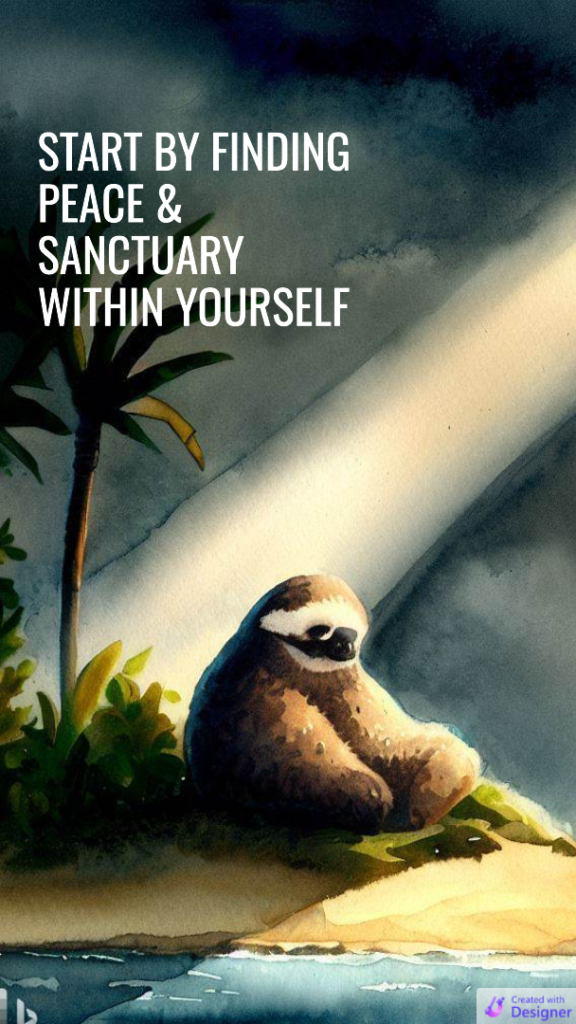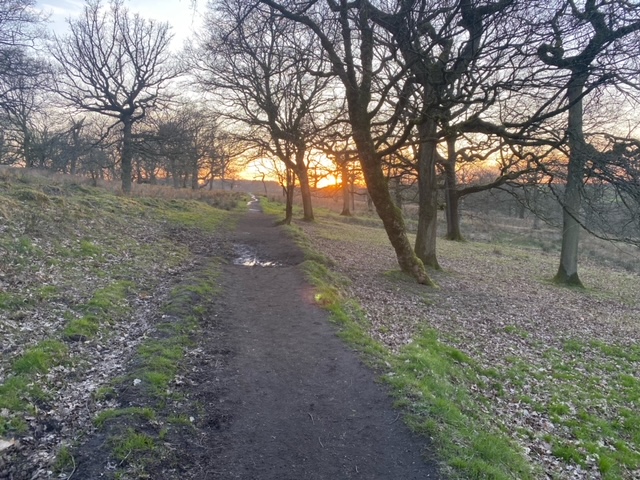“All we ever own is this present moment – our future is no more that our next action….act accordingly.”
-Cuttlefish

(c) coping-skills.com
Concept:
Mindfulness is a transformative mental practice that invites individuals to embrace the essence of the present moment with unfettered awareness and without passing judgment.
Regardless of the qualities, positive or negative, that define you, discovering your genuine and authentic self possesses an inherent and unique strength.
Distinguishing between mindfulness and meditation involves understanding that meditation is an active practice, a deliberate engagement with the self.
In contrast, mindfulness is a non-judgmental state of consciousness, often unlocked through the dedicated practice of meditation.
Think of mindfulness as a comprehensive state of mental and physical clarity, rooted in the present moment—free from the distractions of daydreams, concerns, judgments, or indulgences.
To truly embrace mindfulness, one must shed the illusion of a separate self and cultivate attentiveness to every facet of existence just as it unfolds.
Benefits:
Here are some reasons why mindfulness is beneficial:
Reduced stress and anxiety: Mindfulness helps to reduce stress and anxiety levels by promoting relaxation and reducing negative thoughts.
Improved focus and concentration: Mindfulness improves cognitive function, helping to improve focus, concentration, and decision-making.
Improved emotional regulation: Mindfulness helps to improve emotional regulation, reducing the risk of depression and other mental health issues.
Improved relationships: Mindfulness helps to improve communication and empathy, leading to better relationships.
Improved sleep: Mindfulness can help to reduce insomnia and improve sleep quality.
Improved physical health: Mindfulness has been shown to reduce blood pressure, improve immune function, and reduce inflammation.
Improved overall well-being: Mindfulness promotes overall well-being by improving mental and physical health, productivity, and happiness.
Easy to practice: Mindfulness can be practiced anywhere, anytime, and requires no special equipment or training, making it accessible to everyone.
Embed the Skill:
- Start with a beginner’s mindset and be open to the practice
- Find a quiet and comfortable space to practice
- Focus on the present moment and bring awareness to your breath
- Use guided meditations or mindfulness apps to assist in your practice
- Set aside time each day for regular practice
- Incorporate mindfulness into your daily activities.
- Think of each small actions as either the first or the last time you are completing them.
- Cultivate a non-judgmental attitude towards your thoughts and feelings
- Seek out a qualified mindfulness instructor or program for additional guidance and support
- Read books or attend workshops to deepen your understanding of mindfulness and its benefits.
Action:
Do
Difficulty:
Medium
Speed:
Fast
Other Compatible Coping Skills
How many stars would you award this coping skill?

